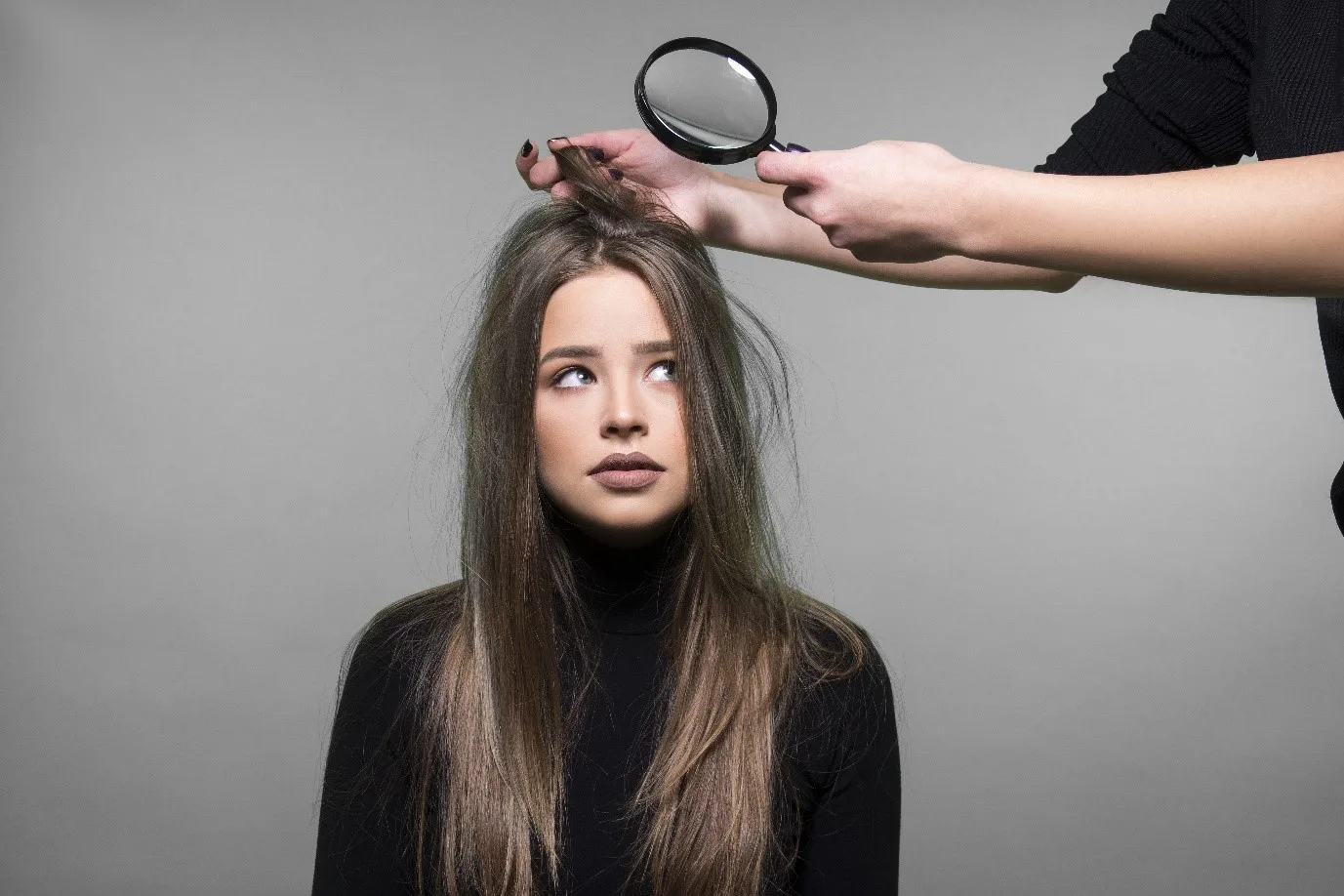WINTER’S EFFECT ON YOUR SCALP

Discover how your scalp is affected in the winter and what you can do about it.
People sometimes dream about the winter months and the different trips they might be able to take. But those cold months can quickly turn into a nightmare, as the scalp can be a tricky beast to tame in the winter.
The reason why your body reacts in different ways during the winter season is usually due to a lack of moisture and a drop in temperature. This is especially relevant when living in a tropical climate.
Additionally, people end up changing their products, their clothes and their lifestyle during the winter months. This can disrupt the balance that your body has created, requiring more focus and effort to bring it back to normal. And nowhere is this more relevant than on your scalp.
What happens to your scalp in winter?
What happens to your scalp in winter?
The thing about the cold is that it affects everyone in different ways. There are many issues that can affect you and it’s important to identify these before searching for answers. Here are a few of the common issues:
-
Dry Scalp-
It shouldn’t come as a surprise to anyone that dry and cold air can lead to a dry scalp in winter. The lack of humidity in the air, and a reduced amount of oil secretion by your scalp, can leave it unprotected and dry. The cold air can wick away any moisture and give you a dry scalp during winter, which can be further worsened if you use heat styling equipment. -
Dandruff-
This condition is caused by excessive oil build-up on the scalp and a naturally occurring fungus. When we’re talking about a dry scalp during winter, it’s probably surprising to see an oily scalp on this list. But when your skin dries up, it can trigger a response from your body to produce even more oil as a counterbalance. This can end up worsening your hair dandruff and leave you with an itchy scalp in winter. -
Damaged skin-
You might be tempted to jump into a hot shower in the cold weather, but this can be extremely harmful to your scalp. Hot water can damage the keratin cells in your skin, reducing its capacity to hold moisture. The sudden rise in temperature can also disrupt your oil production, giving you a flaky and dry scalp in winter. -
Dry hair and split ends-
The cold months can see your hair cuticle opening, which allows moisture to escape and leaves you with rough, dry hair. The sebum or oil which was supposed to flow down the hair strands is not available and can lead to brittle and weak hair. Your hair might look dull and lifeless, with split ends leading to an unkept look. -
Flaky scalp-
This is normally seen with a dry scalp or dandruff, which is a response by your body to remove any irritant on the skin. When your scalp dries out, it becomes vulnerable to germs, microbes and pollutants. These can cause irritation on the scalp and lead to dead skin cells, which is the source of a flaky scalp in winter. -
Temporary hair loss-
Everybody sheds hair, but sometimes you might experience seasonal hair loss. The hair follicles are left unprotected due to a lack of hydration and low sebum levels. They tend to become weaker and their hold on the scalp reduces, which can be worsened by stress and hormonal fluctuations. Wearing headgear, static, and an itchy scalp during winter can lead to even more hair loss.
What can you do?
Although these issues can seem severe, it’s important to understand that there are various steps you can take to overcome the winter months.
-
Oil-
Your hair needs hydration and the simplest solution is to oil it. This can close up the hair cuticle layer and moisturise your flaky scalp in winter. -
Washing enough-
Don’t overdo it with the hair washing as that can dry your scalp, but still wash a few times a week based on your hair type. Use shampoos like the Head and Shoulders Silky Black which can restore dry, damaged hair and get rid of the germs that cause a dandruff itchy scalp in winter. -
Hair masks-
Create your own homemade hair masks from ingredients like tea tree oil, avocados, yoghurt, eggs, aloe vera, olive oil or honey. These can help restore moisture and potentially help with an itchy scalp during winter. -
Avoid heat styling or hot showers-
Anything that suddenly increases the temperature on your scalp should be avoided. Use warm water for a shower and use the cool air setting on the blow-dryer. -
Conditioners-
Shampoo is required to keep your scalp clean, but you also need conditioners to help bring moisture to the hair strands. Use products like the Head and Shoulders 2 in 1 Active Protect. This combines a shampoo and conditioner, which softens and restores dry hair while leaving you dandruff free.
If you feel that your problems are persisting, it’s important to visit a dermatologist to get a clear diagnosis.



